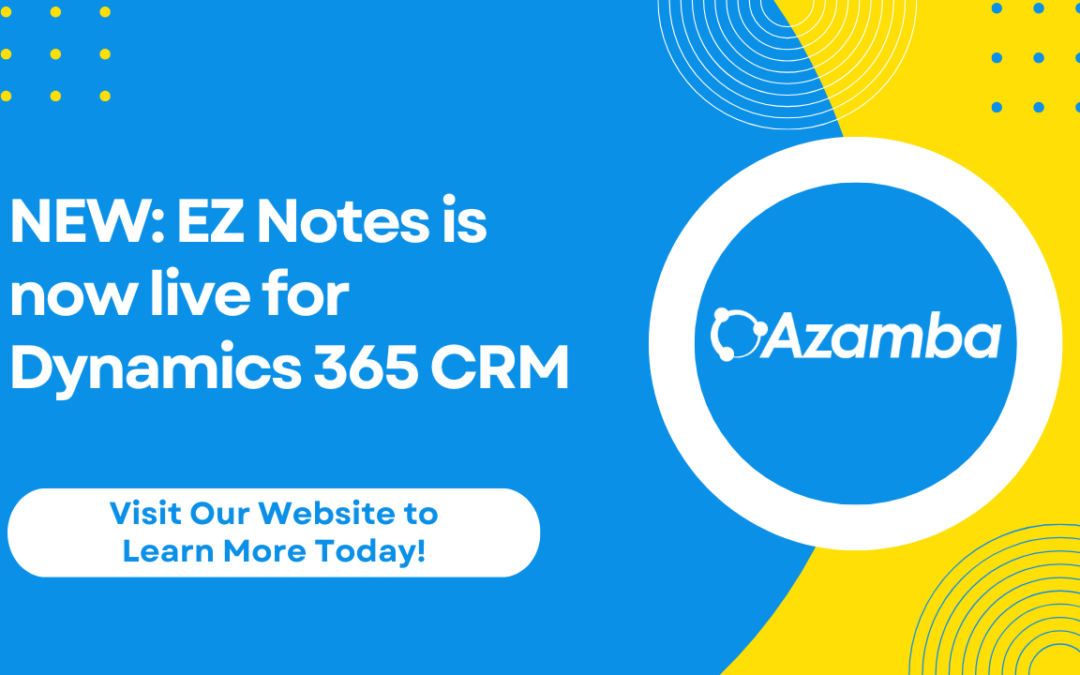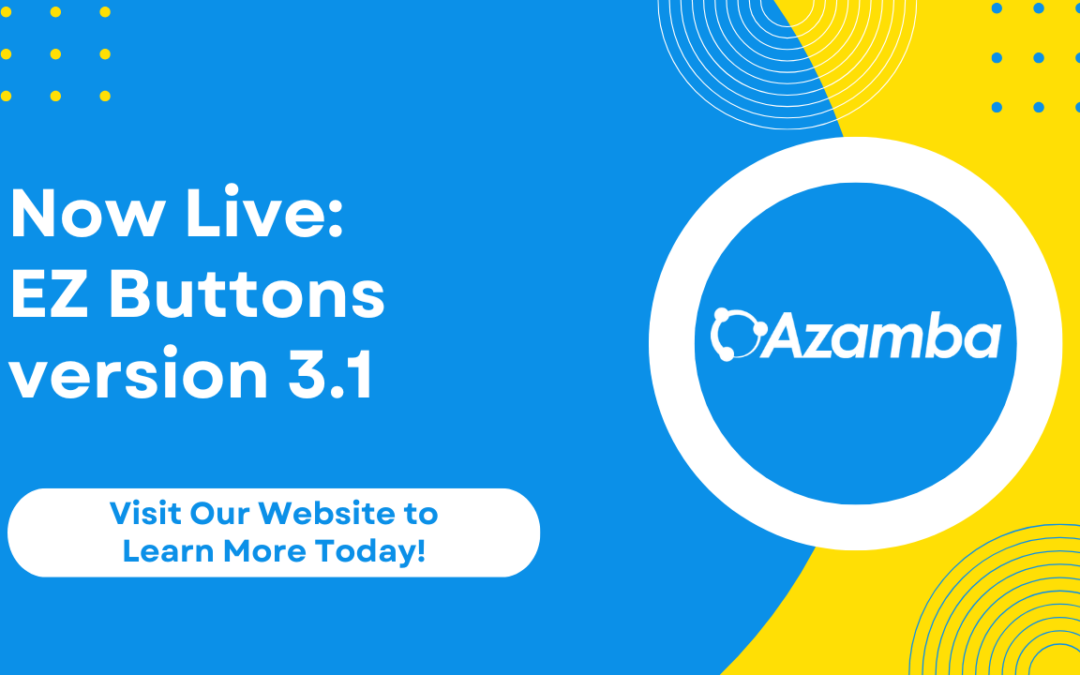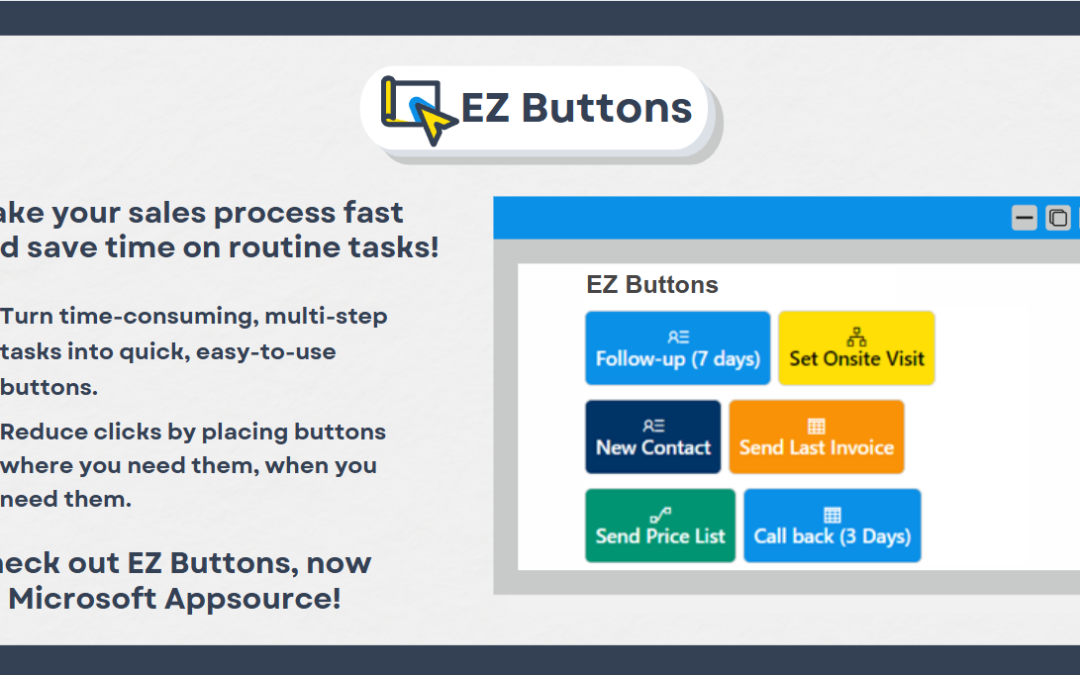CRM is NOT a Magic Wand
Why CRM implementations fail, and how to make sure yours succeeds!
More than a decade and a half of research on Customer Relationship Management (CRM) systems has churned out consistently troubling failure rates for CRM implementations. Since Gartner’s 2001 study found a 50% CRM failure rate, study after study has reported failure rates between 30% and 70%.
These numbers make a lot of would-be CRM adopters understandably nervous. After all, CRM is not cheap. It’s easy to look at the failure rates and see CRM advocates as hucksters, and CRM implementation as (at best) a gamble rather than an investment.

“Put it all on CRM…I’m feeling lucky!”
But CRM failure isn’t simply a bad spin of the wheel. CRM failure is often the result of a fundamental misunderstanding of what CRM is, does, and requires. Too frequently, CRM is treated like a magic wand that will wave away all the problems facing Internet Age business.
Some of that is on CRM advocates. We see the possibilities that CRM can create, and we get (understandably, I hope!) super excited. We see a technology that can help transform a business.
But CRM is not just a technology solution, and it is very definitely not a magic wand. Treating it like one is often why CRM implementations fail.
And they don’t have to fail! In fact, we’ve had only 2 failed projects in more than 300 implementations.
So how do you beat the odds? It starts with understanding what CRM is and does (and isn’t and doesn’t!), learning why so many implementations fail, and then embracing business processes designed to help you avoid the obstacles to CRM success.
So what is CRM?

Hint: it’s not one of these
CRM helps you align your business processes with your customers to improve the quality and consistency of your relationships, build loyalty, and increase profitability.
CRM data visibility and analytical tools can help you create effective marketing, manage your sales pipeline, and make more informed business decisions, while CRM automation tools can help you be more responsive to your customers and markets.
CRM helps you implement, optimize, and manage your customer strategies and business processes. It does not replace or create those strategies or processes.
Adopting CRM before creating effective, customer-centered business processes, or before considering what you need from CRM to get the most from those processes, is a recipe for failure.
Why do so many CRM implementations fail?
Although there are many reasons why CRM implementations fail, we tend to see three main categories of failed implementations:
1.) Process failures

Not pictured: people, process
Too many would-be CRM users see CRM as a technology solution when in reality, it’s a business strategy. The technology enables the strategy, but the best tools in the world won’t build a house on their own.
CRM is no different. Without clear, measurable goals attached to strong business processes and a willingness to learn and grow based on your results, your CRM will do little more than collect and store data, or worse, might even help you make the same mistakes faster and with more customers.
At the same time, data quality is critical to making CRM a useful tool. Bad data in means bad data out, and that can cripple your ability to analyze the processes you have in place.
Before adopting CRM, ask yourself these questions:
- What specific, measurable outcomes are we hoping to achieve with our CRM implementation?
- What is our strategy for achieving those goals, and what processes must we implement and optimize to carry out that strategy?
- What do we need our CRM system to do, and which systems do what we need?
- How will a CRM system fit into and enhance our existing business processes?
- How will we measure success?
- How will we manage change based on data-driven analysis?
- How will we ensure data consistency and integrity?
2.) Adoption failures

Your CRM needs to do more
Too often, businesses find their people aren’t using CRM to its full potential (if at all). Their employees may not have bought into CRM, or may not have been adequately trained or incentivized. Alternatively, they might have failed to demonstrate top-down support for CRM adoption and implementation, or simply have tried to do too much too quickly.
But the result is often an expensive Rolodex.
Before adopting CRM, ask yourself these questions:
- What does my team need from CRM? What specific benefits will CRM provide to my team? How will I communicate those benefits?
- Who will be the project champion? How will that person ensure successful implementation and adoption?
- How will we ensure and demonstrate executive and management buy-in?
- How will team members be involved in the adoption process?
- How will we train our team to use CRM? How will we keep CRM user-friendly for team members?
- How will we support users who have CRM questions or problems? Will we do this in-house, or with a CRM partner?
3.) Integration failures
Your CRM should fit your business
Your CRM needs to match your business process and vice versa. If there is no match, then there is no benefit, even if your CRM system is top-of-the-line.
CRM is sometimes disruptive, but it should never be destructive. If you would need to fundamentally change the way you do business in order to implement a CRM system, you need to ask yourself whether the affected processes need changing. If so, then you should do so regardless of any CRM solution. If not, you are likely looking at an incompatible system.
Before adopting CRM, ask yourself these questions:
- How will a CRM system fit into and enhance our existing business processes?
- Which CRM systems would require us to change our business processes to use effectively? Would those changes be benefits, or burdens?
- Which CRM systems do what we need to accomplish our goals? Are they scalable? Customizable? Reputable? Well-supported?
- Which systems would require us to pay more for tools we don’t need and aren’t likely to grow into?
- How will CRM fit into our current IT structure?
- Do we use other technology solutions that require or would benefit from integration with CRM?
How do you avoid CRM implementation failure?
Answering the difficult questions before beginning your CRM implementation is critical to your success with CRM. Underestimating the complexity of implementing CRM can doom that implementation, and although no plan is perfect, having no plan is disastrous.
Don’t work with systems or vendors that will force you into one-size-fits-all solutions. You need to find a system and a vendor that will work for you, not the other way around. Don’t ignore the process underlying your practice. Don’t scrimp on training. Don’t assume or underestimate the importance of top-down buy-in.
But above all, don’t fall into the trap of treating CRM as a magic wand. CRM may be exactly what your business needs to take the next step, but it is just a tool. A tremendously useful and valuable tool, yes, but useless without knowledgeable, engaged users and a solid business plan.
We can help you succeed with CRM!
We believe CRM done right can transform your business, but we know what often happens when CRM is done wrong, or when a company chooses the wrong system for their needs.
So when you contact us, one of our first tasks is to determine whether Microsoft Dynamics 365 or Sage CRM fit your needs. If they don’t, we’ll tell you so, and recommend something that is a better fit. We’d much rather send you to one of our partners than sell you a solution that won’t make you any money.
We also know that without proper process and training, too many implementations fail even when you choose the right CRM system.
That’s why we developed the OnTrack CRM Success System. Our OnTrack system is a structured approach to CRM adoption, training, and implementation that is guaranteed to ensure the short-term success and long-term value of your CRM system.
OnTrack is a fixed-price subscription service with a full money-back guarantee. We provide a calendar of activities, step-by-step instructions, videos, workbooks, worksheets, coaching calls, deep-dive sessions, custom add-ons and solutions, and ongoing support, all of which are the product of hundreds of successful CRM implementations over the last ten years.
And in that time, only 2 customers have ever asked for their money back. That’s right: while industry experts predict 30-70% failure rates, we’ve had 2 failed CRM implementations out of more than 300 projects.
That kind of success rate isn’t about magic. It’s about the power of proven methodology.
Azamba Launches EZ Notes: A Smarter, Simpler Way to Take and Manage Notes in Dynamics 365 CRM
Chicago, IL – [March 19th, 2025] - Are messy, disorganized notes wasting your team’s time and leaving critical details lost in the shuffle? Do you spend more time searching for information than acting on it? EZ Notes is here to end the frustration and take the chaos...
Powerful New Updates to Accelerate Sales for Microsoft Dynamics 365 CRM Users
Chicago, IL – [March 5th, 2025] – Azamba is excited to announce the release of EZ Buttons 3.1. This powerful CRM Add-On for Microsoft Dynamics 365 simplifies tasks and makes CRM a breeze to use. With this CRM Add-On, you will work faster and smarter with less...
Azamba releases EZ Buttons 3.0!
Chicago, IL – [November 20th] - We are thrilled to bring you EZ Buttons 3.0, a game-changing update packed with powerful tools to streamline your sales process and help you get more done, faster. With EZ Buttons, turn time-consuming, multi-step tasks into quick,...
Microsoft Dynamics 365 Business Central + CRM Integration Demo | Dynamics Deep Dive Series
In This Demo You Will Learn To: Personalize your CRM to focus on the data that matters most. Create custom dashboards to track critical metrics efficiently. Use data views to help your team make smarter, faster decisions. Simplify Your Sales Process with the Business...
How to Track Your Goals and Metrics in Microsoft Dynamics 365 CRM – Dynamics Deep Dive Series
In the fast-paced world of sales, efficiency and clarity in managing goals and activities are extremely important. Microsoft Dynamics 365 CRM is a transformative solution for sales teams looking to enhance productivity and smash their sales targets. Join experts Peter...
Why MSP’s Should add CRM to their Solution Portfolios
We’re entering a new era in CRM. All the old reasons for customers buying CRM are still valid. But the advent of AI is making the case for renewed interest in CRM. To modify an adage, “If it’s interesting to my customers, then it is fascinating to me!”. AI is...
Boost Your MSP Earnings with Strategic Partnerships
Time is money, we’ve been told since childhood. The idea is that people should focus their attention on the things that bring value to them, and avoid the things that don’t. Since time is a precious resource, it makes sense to try and maximize its utility as it’s the...
CRM Launch in 5 Weeks – Get Results Fast!
CRM is becoming a must-have tool for businesses to stay competitive. But the process of setting it up often wastes time and resources without getting the expected results. To solve this, we've created an approach that makes successful CRM easier to achieve than ever....
How Most CRM Projects Fail & Yours Won’t | CRM Strategy
Stop The Risk of Failure Before It Starts Did you know that, according to a Gartner study, between up to 70% of CRM implementations fail? If you're a small or medium-sized business, this can seriously impact your budget, and you could lose out on profitable...
Do This to Avoid Wasting Time and Money With Your CRM
CRM Strategy: The Key to Avoiding a Costly Mistake CRM can either be a game-changing investment for your business or a massive waste of time and money. The difference depends entirely on your approach. Like many businesses, you want to boost sales, increase customer...
David Marincic is Partner Experience Manager at Azamba. He also manages and edits Azamba publications and social media channels.
David believes in the importance of good planning, sound practice, effective communication, and continued education in order to get the most from any technology solution.
Related articles:

Azamba Launches EZ Notes: A Smarter, Simpler Way to Take and Manage Notes in Dynamics 365 CRM
Chicago, IL – [March 19th, 2025] - Are messy, disorganized notes wasting your team’s time and leaving critical details lost in the shuffle? Do you spend more time searching for information than acting on it? EZ Notes is here to end the frustration and take the chaos...

Powerful New Updates to Accelerate Sales for Microsoft Dynamics 365 CRM Users
Chicago, IL – [March 5th, 2025] – Azamba is excited to announce the release of EZ Buttons 3.1. This powerful CRM Add-On for Microsoft Dynamics 365 simplifies tasks and makes CRM a breeze to use. With this CRM Add-On, you will work faster and smarter with less...

Azamba releases EZ Buttons 3.0!
Chicago, IL – [November 20th] - We are thrilled to bring you EZ Buttons 3.0, a game-changing update packed with powerful tools to streamline your sales process and help you get more done, faster. With EZ Buttons, turn time-consuming, multi-step tasks into quick,...

Microsoft Dynamics 365 Business Central + CRM Integration Demo | Dynamics Deep Dive Series
In This Demo You Will Learn To: Personalize your CRM to focus on the data that matters most. Create custom dashboards to track critical metrics efficiently. Use data views to help your team make smarter, faster decisions. Simplify Your Sales Process with the Business...

